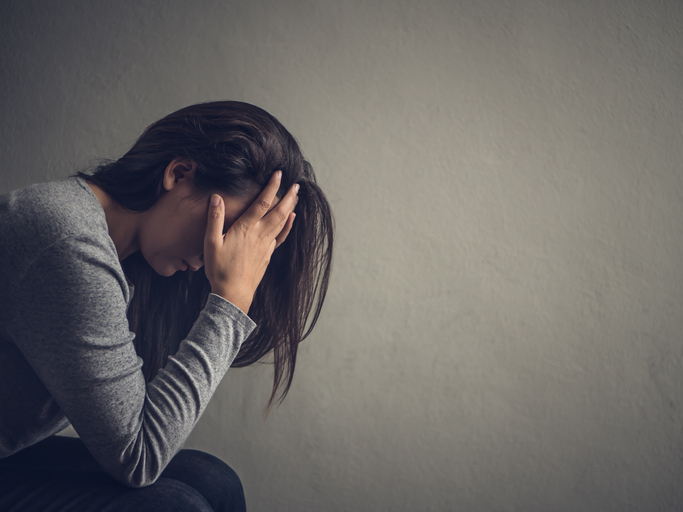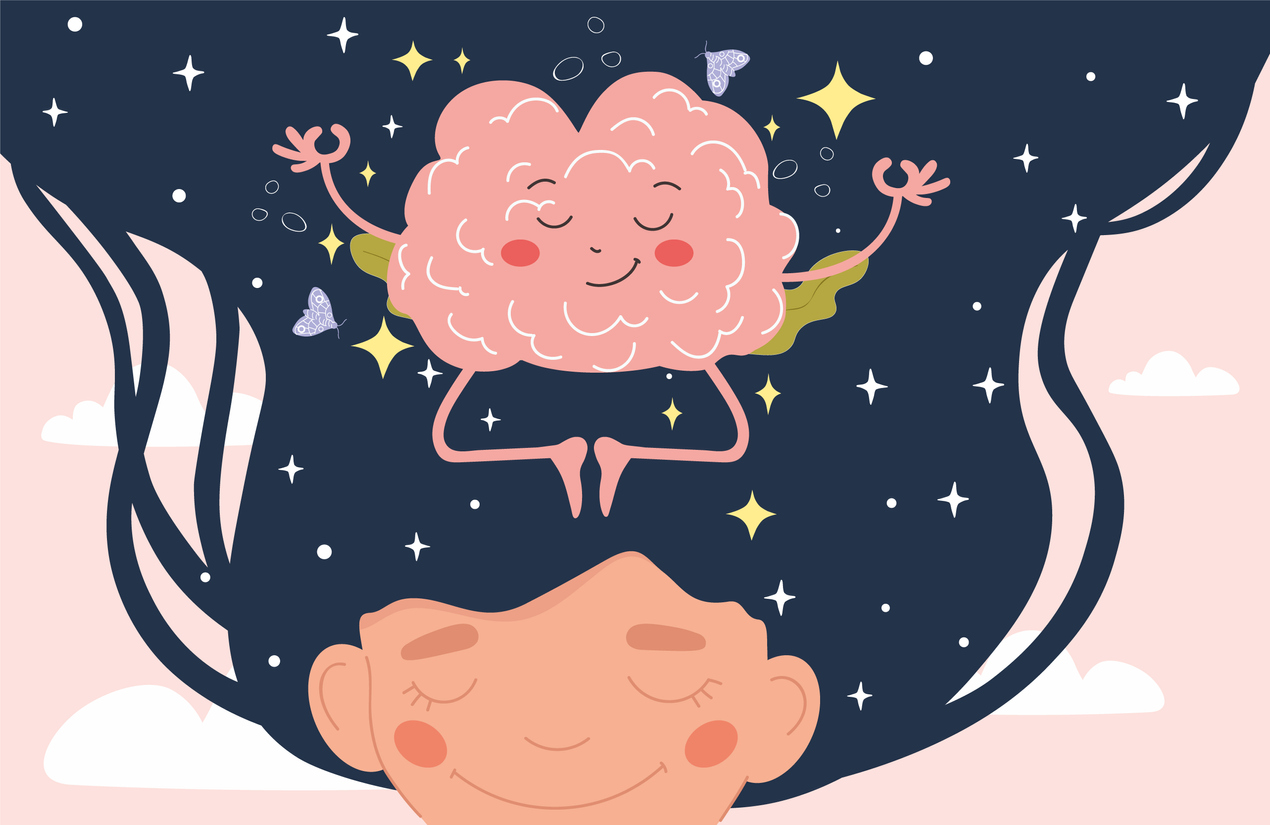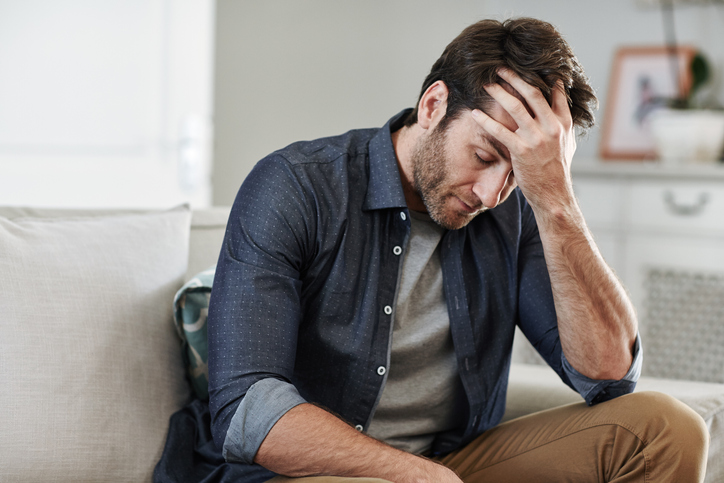Living with Chronic Pain
Guilt and Chronic Pain

In addition to physical symptoms, chronic pain can also cause emotional issues. Living with chronic pain can lead to feelings of frustration, sadness, and even grief. Another commonly experienced emotion is guilt.
Types of guilt
The three most common types of guilt associated with chronic pain include the following:
- Social guilt may develop as a result of missing social activities due to chronic pain, causing guilty feelings of “letting down” family or friends. It may also result from regularly relying on others for help.
- Pain management guilt can occur if an individual feels they should be better able to manage their pain.
- Pain verification guilt often affects individuals who have an invisible chronic pain condition or chronic pain without a concrete diagnosis. They may be concerned that their pain is imagined or may feel that others do not recognize their pain.
Feelings of guilt may also develop from being unable to work or from a depletion of financial resources due to medical bills and the cost of medications or other treatments.
Guilt and motivation
When chronic pain is not a factor, feelings of guilt often encourage positive, constructive actions in order to overcome the negative emotion. However, this is often not an option when guilt is associated with chronic pain. No matter the degree of motivation a person with chronic pain has, it simply does not negate the fact that chronic pain is still present, causing them to miss out on certain activities and social engagements. Feeling guilty about not being able to manage pain or not having a concrete diagnosis does not reduce the pain.
Health consequences
Guilty feelings can create several negative mental health effects including, but not limited to, further withdrawal from social situations, emotional distress, or the development of mental health conditions, such as anxiety or depression. Guilt is often associated with stress, and increased stress levels also affect the body, increasing pain levels and negatively affecting the immune system.
For these aforementioned reasons, learning to recognize and cope with guilt is essential for anyone living with chronic pain.


















